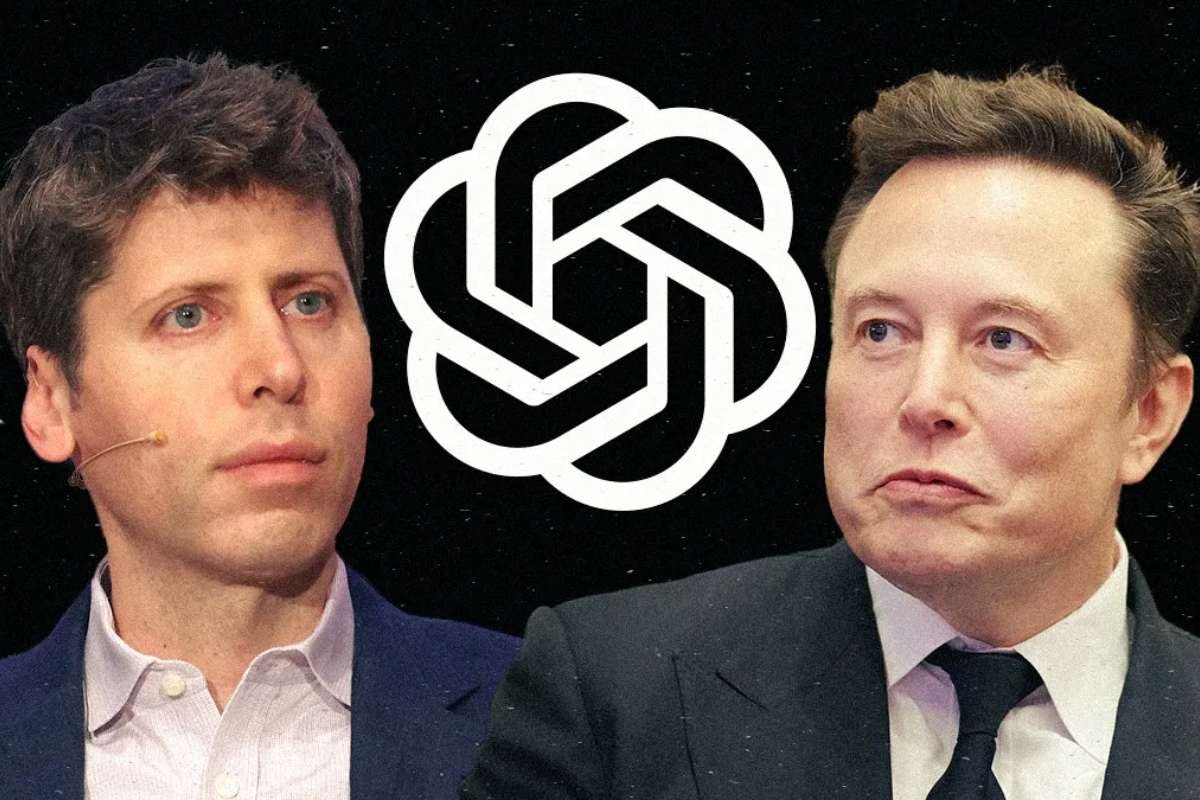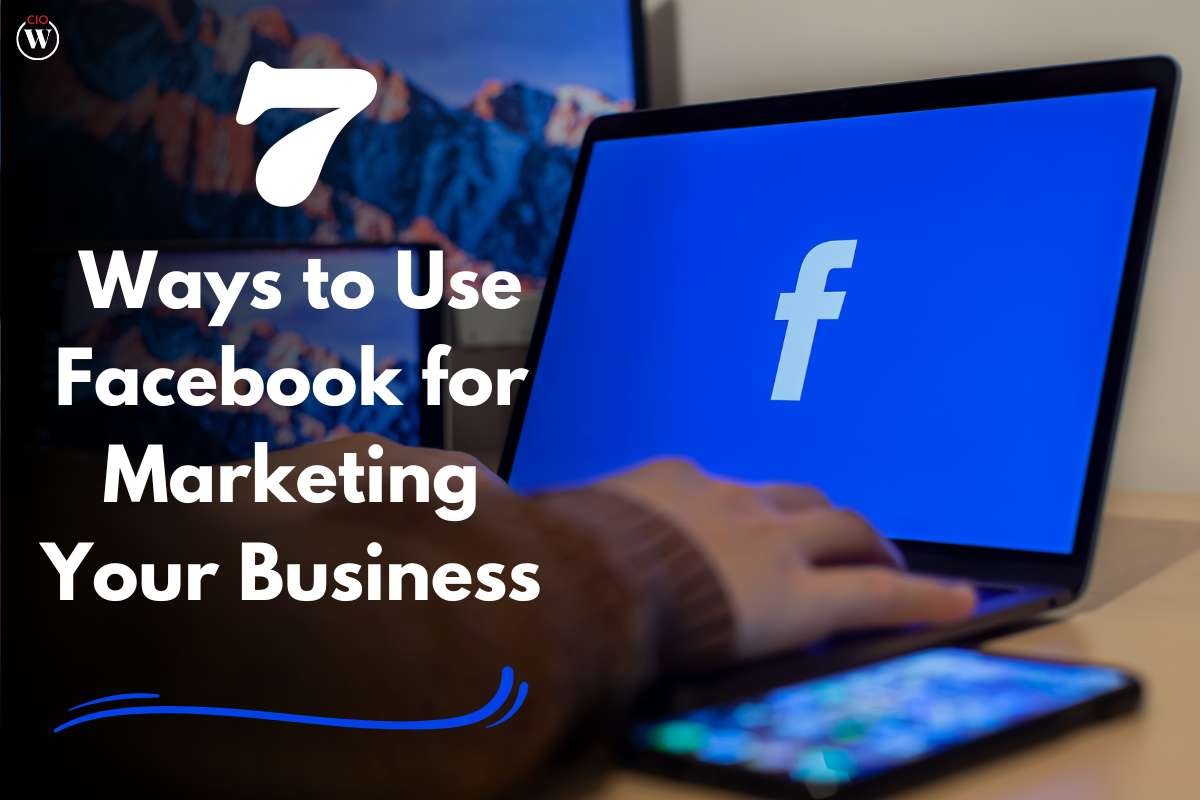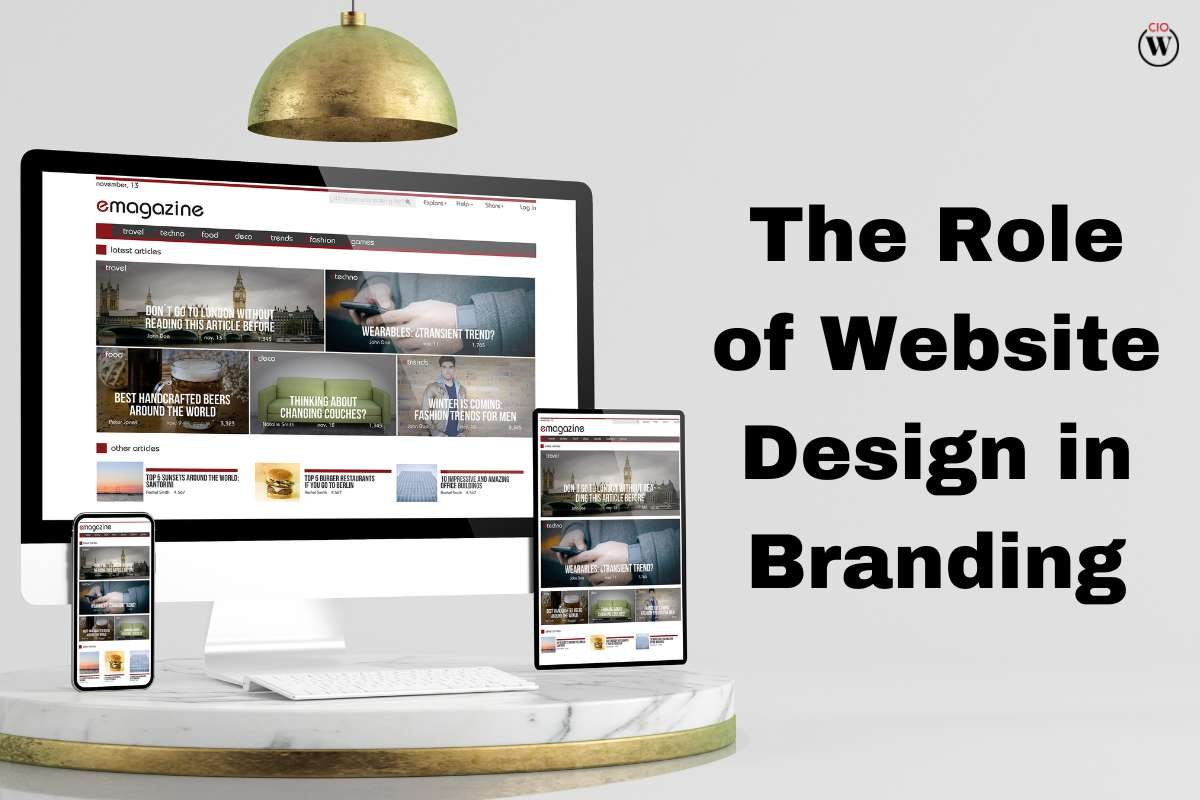Musk’s Multi-Billion Offer and Altman’s Sharp Response
In a high-profile business move, a group of investors led by a well-known tech billionaire made an unsolicited bid to acquire OpenAI’s nonprofit entity for $97.4 billion. The offer, however, was swiftly declined by OpenAI’s CEO, who publicly dismissed it on social media. The bid, significantly lower than OpenAI’s latest valuation, comes at a time when SoftBank is reportedly planning a $40 billion investment, valuing the company at an estimated $260 billion.
In a direct response to the proposal, OpenAI’s CEO took to social media, making a tongue-in-cheek counteroffer to purchase a social media platform for $9.74 billion. The tech billionaire, who owns the platform, reacted strongly, using harsh words to describe the rejection. This latest exchange adds to the ongoing tensions between the two influential figures, who were once co-founders of OpenAI before parting ways due to strategic disagreements.
The OpenAI-Microsoft Alliance and Legal Battles
Since the departure of one of its original co-founders, OpenAI has forged strong ties with Microsoft, securing substantial investments and cloud computing support. The AI firm has been shifting towards a for-profit model, a transition that has led to legal disputes. The tech billionaire behind the rejected bid is currently engaged in litigation against OpenAI, arguing that his initial $45 million funding was meant to ensure the organization remained a nonprofit.
Legal experts point out that OpenAI is legally bound to receive fair market value for any potential sale of its assets. In January, the tech billionaire’s legal team urged California’s attorney general to oversee the valuation process, expressing concerns that OpenAI and its major investor might be undervaluing assets to gain a financial edge. While the $97.4 billion offer could establish a minimum valuation, analysts suggest that OpenAI’s future growth, operational complexities, and ongoing lawsuits create significant uncertainty around its actual worth.
Rivalries, Allegations, and the AI Race
Beyond legal battles, the growing competition between AI firms has fueled the conflict between the two industry leaders. The tech billionaire now operates his own AI company, a direct rival to OpenAI. Their rivalry extends beyond artificial intelligence, with previous public clashes over large-scale infrastructure projects.
Recently, the billionaire questioned whether OpenAI, SoftBank, and Oracle could ffund their ambitious $500 billion data center project. OpenAI’s CEO refuted the claim, inviting him to visit a construction site in Texas to see progress firsthand. The ongoing disputes highlight the shifting dynamics of the AI industry, where power struggles and high-stakes investments continue to reshape the competitive landscape.









